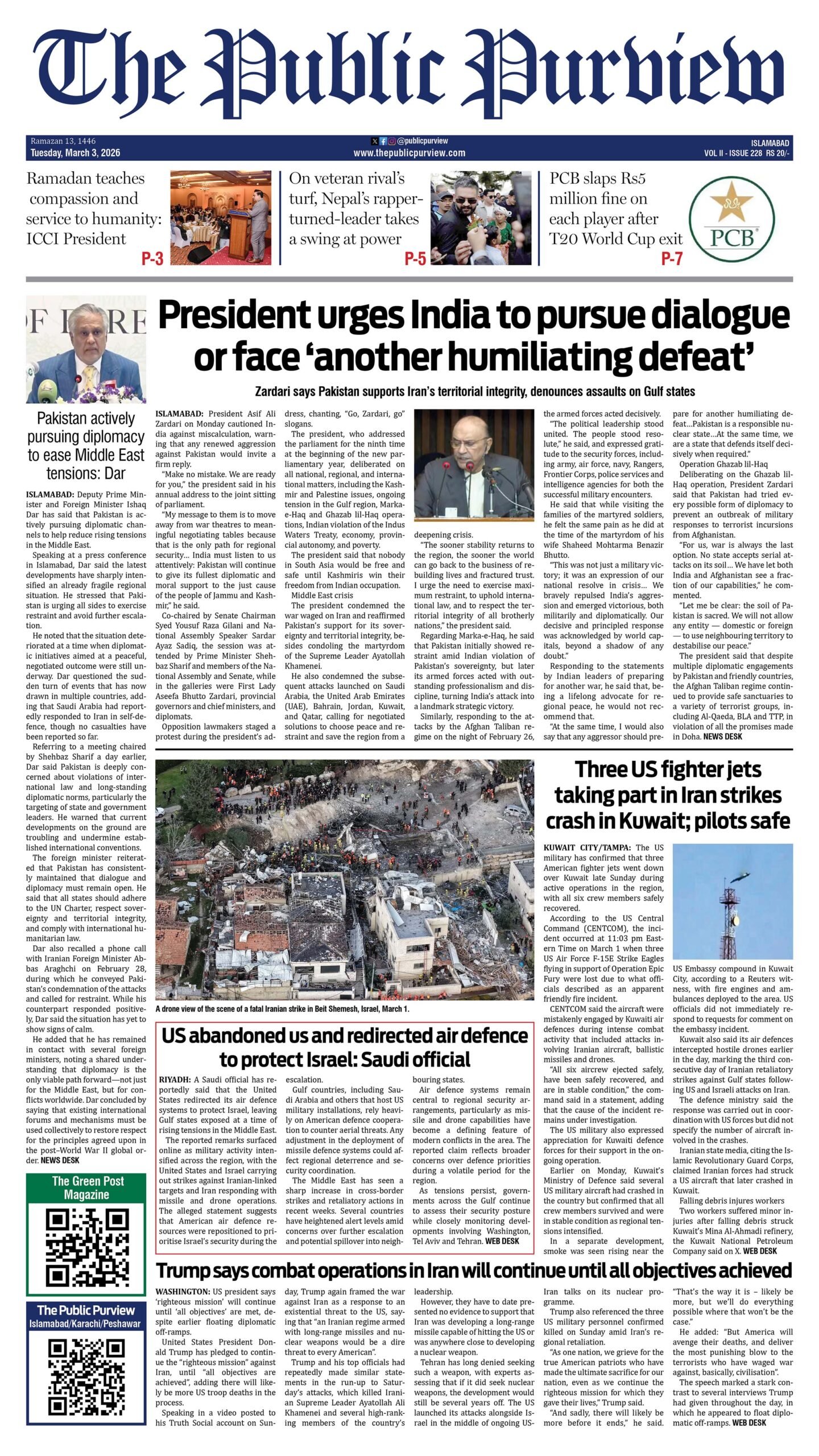Munazza Sultana
We are living in a world that is changing at its full throttle, shaping the way we work, live, and interact with each other. Surrounded by technology, in the quiet hum of this ever-changing modern world, a revolution is stirring its motion. The future of work is unfolding very rapidly. It is being revolutionized by the workforce and rise of automation, along with the growing need to preserve humanity.
The transformation is not just about adaptation to the change; it is capitalizing on the opportunity to build a fairer, better, and more sustainable future. It is not about accepting this transformation as it is — it is about responding positively to revolution and coming up with solutions to accommodate the concerns. With thought full evaluation, the integration of technology and humanity can lead to such work that can be a source of fulfillment, purpose, progress, and deeper level of connection rather than just a source of earnings and living.
While many fear automation, it is proving to be a powerful tool for empowerment. As automation through machines and AI takes over boring, repetitive, and complex tasks, human beings are more freed to explore their potential for creativity, problem solving, and innovation. It shouldn’t be considered as the replacement of human labor but as a compliment to it. To achieve balance, government, businesses, and institutes must collaborate to equip workers with the skills according to their interests and potentials. initiatives such as lifelong learning programs, vocational training, and digital literacy can fulfill the role. Simultaneously, policies should ensure that shift is fair. Automation should improve lives, not divide them.
In parallel to automation, remote work, has also changed our daily lives. Once a phenomenon of freelancers and a few industries, it became ubiquitous during the COVID-19 pandemic. While it was adopted as a short-term solution to maintain operations and to ensure employees safety, over time, it evolved to become a permanent fixture to millions. Both employers and employees recognized its numerous benefits, including flexibility, improved work-life balance, cost savings, and access to a global talent pool. But along with its charm of freedom, flexibility, saving and diversity etc it comes with a cost. Without real-time discussions and spontaneous meetings, delays happen. Misunderstandings build up and intensify. Projects lose steam and direction. Break down in organic communications blocks progress. Without physical presence we feel disconnected. Without the social interactions of offices we feel isolated. Despite the convenience of digital communication we miss the very essence of connection. Although digital tools are there but they can’t fully replace the richness of our face to face interaction. The body language, eye contact, and emotional cues that come with physical presence are difficult to replicate in virtual meetings. The human touch, the warmth, empathy, and genuine connection that come from shared experiences is diminished. In the bath of the glow of screens, we ask ourselves if we are free in a digital solitude. The solution to this dilemma will be hybrid work models to be set with the best of all worlds. Organizations can facilitate collaboration, creativity, and a sense of belonging while providing the flexibility that workers value by alternately adopting remote and in-person work models. Businesses must be focused on employee well-being, heavily invest in robust digital infrastructure, and develop inclusive cultures that bring workplace experiences across physical boundaries.
Whereas automation and remote work reshape how and where work is done, the real challenge is about defending, nurturing, and preserving the “why,” with work retaining meaning, purpose, and sense of human connection. Work has always been more than a source of income—it is a cornerstone of identity, purpose, and dignity. The essence of work isn’t just about productivity, but also about its impact on individuals, communities, and societies. As automation and AI become more prevalent, in future, work should centralize human qualities such as creativity, empathy, judgement, collaboration—traits beyond the reach of technology. People must form the center of a supportive and dynamic workplace. Businesses must foster environments where innovation thrives and people feel appreciated, engaged, and capable of learning and to their full potential. Employees have to be empowered to take the initiative and come up with ideas.
Inclusivity must also define the future of work. As technology transforms industries, it must create opportunities for everyone, not just a privileged few. Governments and businesses must actively design systems that break down barriers for marginalized groups, including women, persons with disabilities, and workers in underserved communities.
Organisations and the government should plan systematic programs and policies that offer rural and urban areas equitable excess to technology, networks, and data in remote regions of Pakistan so that remote communities can fully practice in the digital economy, empowering them to contribute to societal development and participate in the world economy. By extending technological infrastructure and resources to underserved areas, we can foster inclusion, promote innovation, and help uplift rural societies in the pursuit of making sure no one is left behind in this rapidly evolving global landscape.







 Today's E-Paper
Today's E-Paper